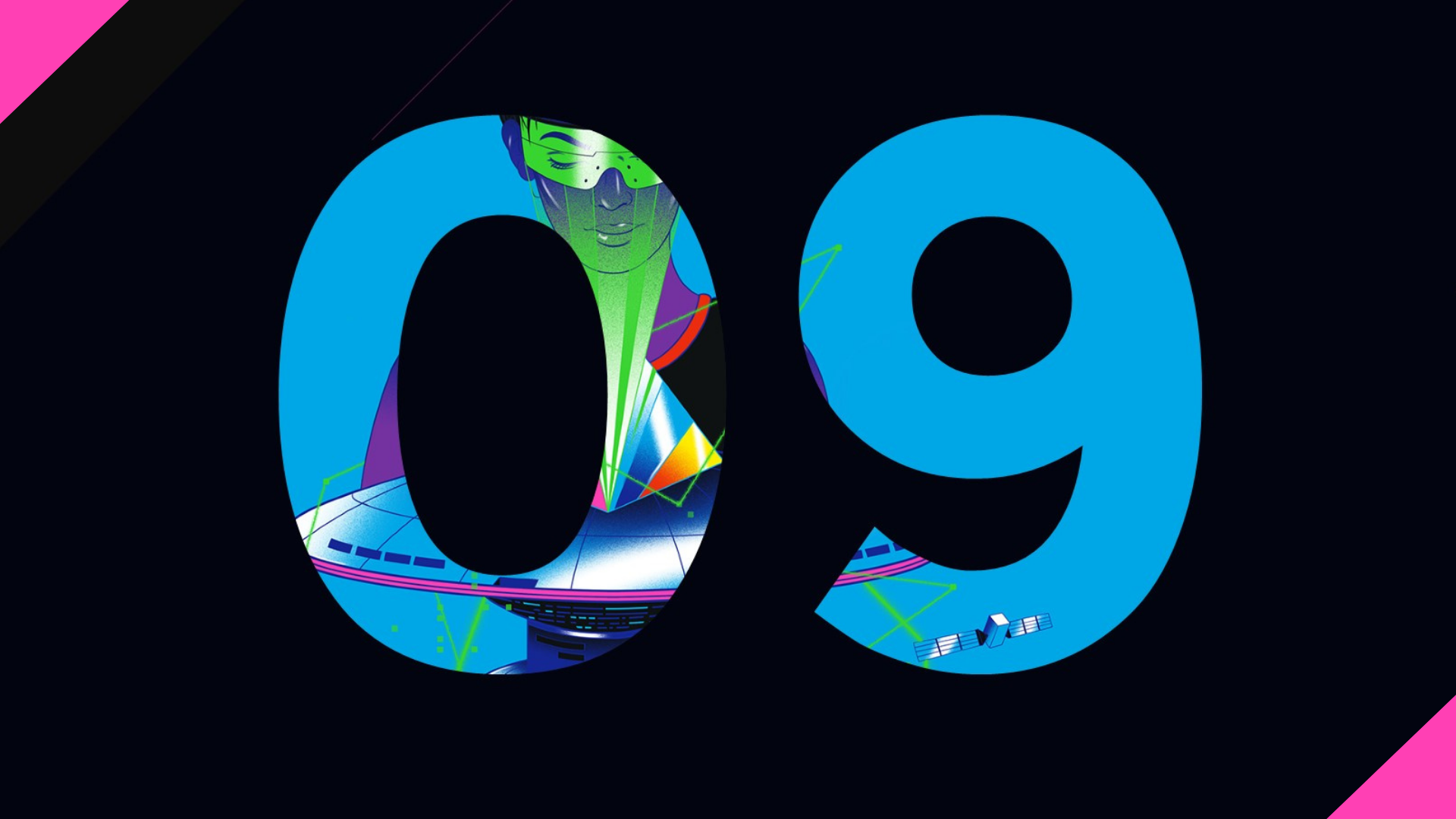-1.jpeg)
Jörg Polzer
11 Nov 09:00 AM
In the first two articles of this series, we explored the pervasive influence of sport and the trends that will shape its future. In this final article, we share nine predictions to help the rights holders and brands get ahead of the curve.
Tomorrow’s sports landscape will be shaped by global scaling and local diversity, with the biggest sports, competitions and clubs becoming ever-more powerful. The biggest clubs will build deeper relationships with global fanbases to move into services such as healthcare and finance. For smaller sports properties, technology will enable agile ways to build niche audiences with innovative offerings that cater more carefully for local needs.
The compounded effect of the COVID-19 pandemic and the climate crisis have changed the nature of big sporting events for good. These events will still be crucial for athletes, fans and sport development, but they will be defined by the dual concept of physical exclusivity and virtual masses. Just as in retail, physical experiences in sport will focus on atmosphere, emotion and social interaction in innovative and more sustainable ways. Virtual experiences will utilise new technology to reach the widest audience with engaging statistics and content.
Data analytics and artificial intelligence are already influencing the sports industry, from performance to fan engagement. But we haven’t seen anything yet. Data analysis, alongside AI applications, will permeate all decision-making in professional sport, and markets in data will increase. However, athletes will want control over how their data is used, with unanswered questions about privacy, fair play and regulation looming large. And data will not hold all the answers. We are entering an era of algorithms as commodity with differentiation by humans. Those who get the balance right will succeed.
Nonetheless, technology will reinvent what sport means to future generations. Expect the relentless growth of esports with the advance of storage, processing power and bandwidth, competing robots in innovative sports formats, and a new breed of sports heroes in the form of AI coders. The future will offer a blend of robotics spectacles with humans in control, with big tech, universities and government agencies at the forefront of innovation.
Concerns about the environmental and social impact of sport will influence its fate as the industry explores next level relevance and new fields for social innovation. Clubs, organisations and athletes will meet stricter standards, similar to investor requirements for environmental, social and governance factors. Regulators will lead the way here, but athletes and organisations will see value in “cleaning up” their own brands. The sports industry could require a “social license” to operate, with a focus on how to turn sport into a greater force for good. There may be penalties for negative environmental impact and rewards for positive social impact.
The future of sports media will be complex. Content will be tailored to individual needs, whether that’s live-streamed coverage, packaged highlights or social media content from influencers. This will create, at first, a landscape of personalised consumption, followed by a new basis for commercialization. As big tech takes more of the pie, we could see more disruptive business models emerge where content providers commission competitions for tailored audiences. Clubs and leagues will need help to build their own content in a cluttered market.
We are entering a period that will bring new power to athletes and put traditional structures under pressure. Athlete power is already well under way, with the biggest names commanding a growing commercial and social influence. With the development of blockchain, athletes can attract diverse investment and curate decentralised tournaments. As athletes grow in power and control, there will be a careful negotiation of power with traditional stakeholders to safeguard the future of organised sport.
Multidimensional optimization in sport will spark new ethical challenges that will prove controversial and complex to police, while also triggering new formats. The explosion in biological and technological innovation will raise big questions about the future of sport. From genetics and pharmaceuticals to prosthetics and surgery, athletes will have considerable opportunities to enhance their “natural” abilities. This will force regulators to act to protect the integrity of established sports. However, new sports and events will emerge to embrace science to its fullest, and health-focused consumers will crave the latest innovations as sport and wellbeing become further embedded in our lives.
This leads us neatly to the final bold future scenario which envisions everyday life as the new sports environment powered by the adaption of infrastructure. As governments seek to improve public health, public spaces will be designed to encourage exercise, boosted by the popularity of urban-focused sports apps. Employers will get on board through incentivised physical activities for workers, and design principles for physical and cognitive exercise could extend to retirement home furniture.
The future of sport represents a huge playing field of opportunity – and it’s vital to imagine it now. What are your bold predictions for the future of sport? What ethical challenges will arise? What new sports will emerge from the blur of technological innovation and social change?
This is the third in a series of three articles designed to foster and encourage dialogue and debate on the topic of “Brave New Sport”, as we seek to explore how rights holders and brands can get ahead of the curve to unlock future opportunities in sport.
Get involved, share your ideas and join the “Brave New Sport” discussion.
-1.jpeg)
Jörg Polzer
VP Strategic Communications, Infront





